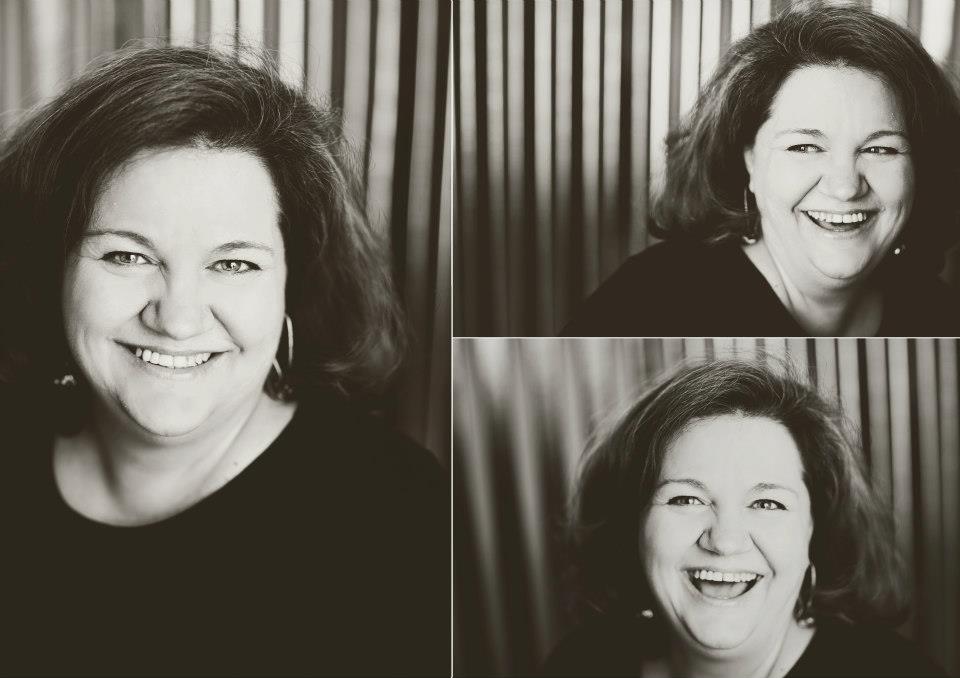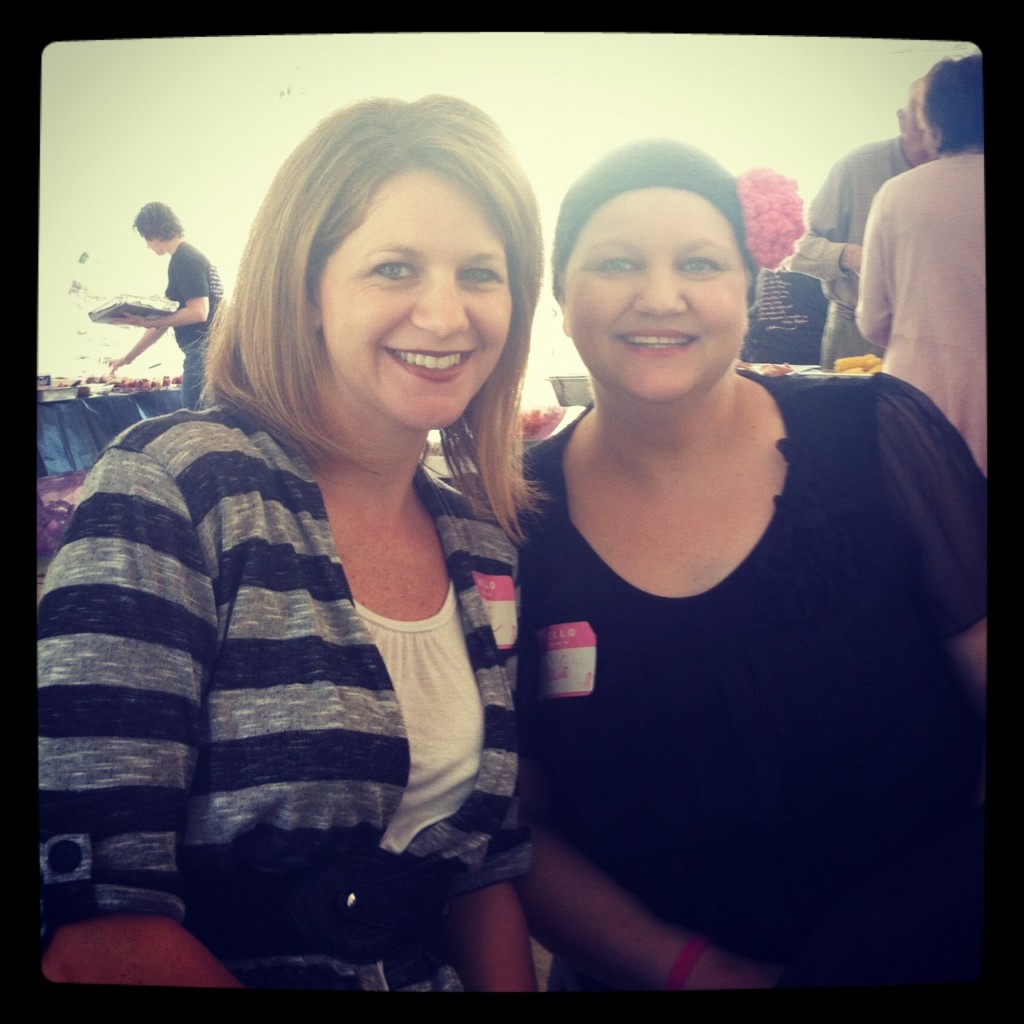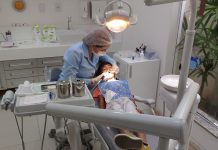When my older sister was diagnosed with breast cancer in 2012 at the age of 47, we were all shocked.
Not only were we shocked by her diagnosis, but also because there was no history of breast cancer in our family.

After her routine mammogram in March turned out to be abnormal, she had chemo treatments, followed by a mastectomy. We thought she was on her road to recovery and remission.
She had her last chemo treatment in August, followed by a celebration dinner. It wasn’t until November that we found out the cancer had spread to her lymph nodes. From there, it found its way to her liver. That’s what eventually took her life on November 27, 2012. (You can read more about it in my post from last October).
During this time, I learned all kinds of things. One was that a family history of a disease has to start somewhere. Another was, even though my sister was gone, cancer would be something I would now have to be concerned with (and proactive about) for the rest of my life.
Last year, after an abnormal pap smear, I found out that I had pre-cancerous cells on my cervix. After a surgical procedure, some follow-up appointments, and as of my last check in June, everything is clear.
After my sister passed away, I immediately began getting mammograms, even though I was only 34 (and they’re not recommended until at least age 40).
However, at that appointment in June, my gynecologist (Dr. B) gave me a form to fill out and asked if I’d like to get tested for the BRCA gene. I was completely blindsided.
I had only heard of BRCA testing a few times and really had no idea what it was all about, besides seeing if you are a possible carrier of the breast cancer gene. So I did some research.
What is BRCA testing?
The BRCA gene test is a blood test that uses DNA analysis to identify harmful changes (mutations) in either one of the two breast cancer susceptibility genes — BRCA1 and BRCA2. Women who have inherited mutations in these genes are at an increased risk of developing breast cancer and ovarian cancer, compared with the general population.
Who gets this test?
The BRCA gene test is offered only to people who are likely to have an inherited mutation based on personal or family history, or who have a specific type of breast cancer.
Back to the exam room . . . I asked Dr. B what the test entailed, and she said you just spit in a cup and they test your saliva. That sounded easy.
Next, I asked about the accuracy of the test, which she replied is around 80%.
So if you are positive, what’s the next step?
Dr. B said the recommendation, if you test positive, is a hysterectomy and double mastectomy. Excuse me, what? Again, blindsided.
I’m nearing the end of my 30s and am done having kids, so a hysterectomy didn’t sound terrible (minus the going into early menopause part). But, a double mastectomy? Wow. My sister had a single one, and I saw how hard that was on her and the recovery that came along with it.
I later read, “Preventive surgery doesn’t eliminate all cancer risk. It’s possible for cancer to develop in any tissue that couldn’t be removed through surgery.”
I all but had a panic attack just talking about it. My doctor apologized for making me so upset, but with the family history, I had to fill out the form and she had to at least ask.
After I finally got it together, I told her that I wasn’t interested in having the test now, but maybe in the future.

Here is some more info from my research:
- Many people considering genetic testing undergo genetic counseling. This would help you understand what the results could mean for your health and help you decide whether genetic testing is right for you.
- A positive test result means that you have a mutation in one of the breast cancer genes, BRCA1 or BRCA2, and therefore a much higher risk of developing breast cancer or ovarian cancer compared with someone who doesn’t have the mutation.
- A positive result doesn’t mean that you’ll ultimately develop cancer.
- A negative test result also doesn’t eliminate the chance of developing a non-hereditary breast cancer. You still have the same cancer risk as that of the general population.
I’m continuing to wrestle with this decision and probably will for a while. In the meantime, I’m going to keep my yearly checkups and mammograms, and live my life to the fullest.
If BRCA testing is something you’d like to find out more about, check out this article from Mayo Clinic.











